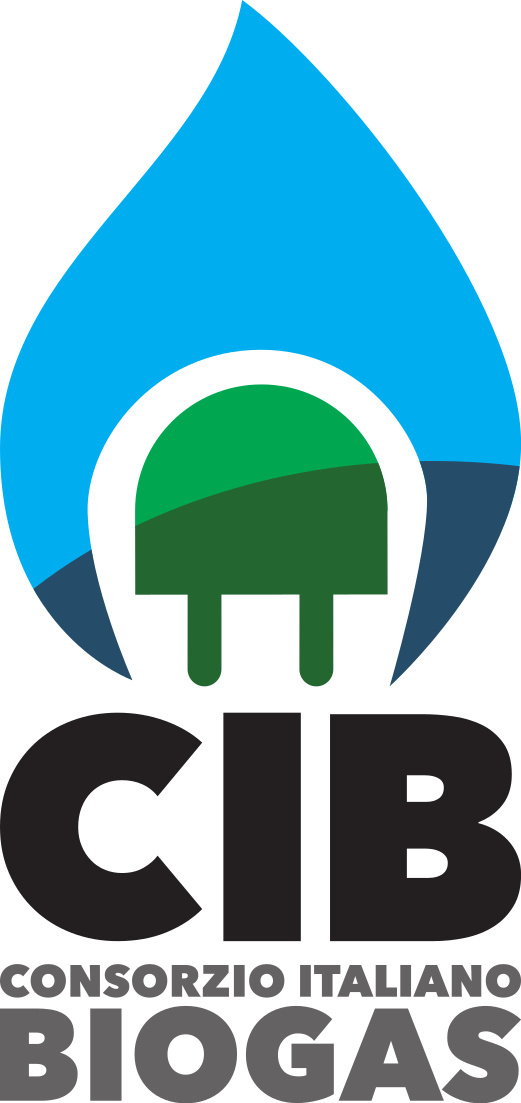Implants with Ion Exchange Resins
Ion exchange is a unitary process in which some ionic species are replaced within an insoluble exchanger material (resin) by other ionic species present in the solution to be treated.
The resin is placed inside a column forming the fill bed, which is later put in contact with the solution to be treated. Ion exchange columns are designed with descending or ascending flow depending on the specific situation. The liquid to be treated is usually sent under pressure to the top of the column, passes through the resin bed usually with downward motion, and is drawn off at the bottom. When the exchange capacity of the resin is exhausted, the column undergoes regeneration treatment with appropriate chemical reagents, depending on the application (acids, bases, brines, etc.).
The main fields of application of resin systems are:
Water softening (removal of calcium and magnesium ions);
Demineralization of water (removal of dissolved salts) to produce ultrapure water (0.055 µS/cm);
Selective removal of hexavalent chromium groundwater;
Selective nitrate removal from groundwater and wastewater;
Removal of trace heavy metals (Cd, Cu, Zn, Ni, Pb) downstream of physicochemical treatments;
Removal of boron from wastewater;
Recovery of precious metals from wash water (Ag, Au, Pt);
Removal of interfering metals from work baths (example removal of iron and zinc from chromic passivation baths or aluminum from anodizing baths);
EDI SECTION.
For some specific industries, very high final quality standards are required in the treatment of primary groundwater or mains water (Ultrapure water). In this case, an electrodialysis (EDI) section is provided downstream of the primary filtration plant.
In the process of electrodialysis, the separation of ions present in solution takes place through electrolytic cells separated from each other with semipermeable membranes where, by imposing a potential difference, the migration of anions (negative ions) to the positive pole, and inversely, of cations (positive ions) to the negative pole, is achieved.
The demineralized water thus produced has an electrical conductivity <0.1μS/cm.
Ion exchange resin plants can be used individually or in combination with other technologies for primary water treatment or wastewater treatment of the following industries:


